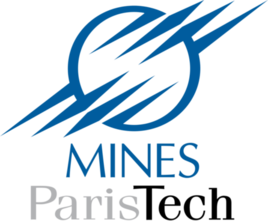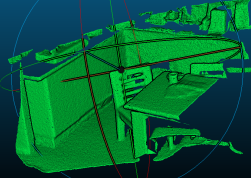
I graduated from Mines Paristech this year, here is the official nomination. “Théorie et pratique” is the motto of the school. One of the best engineering schools in France, it proposes a fast track for selected people from ENS, Polytechnique and ESPCI, that keeps all the specificities of the school.
The formation includes a project on a industry-based problem. I worked on designing an autonomous robot for children in hospital in one month. The initial aim of the École des mines de Paris, namely to train high-level mining engineers is still present: we analyzed the formation of Paris region, and I follow a lecture on Geostatistics, especially Kriging was historically formalized at the school.
Aside from classical engineering lectures, having a critical mind about the role played by engineers is developped. Students organize a mandatory seminar on environmental challenges and climate change. I am in an option founded by Bruno Latour, focused on Sociology of Sciences.

